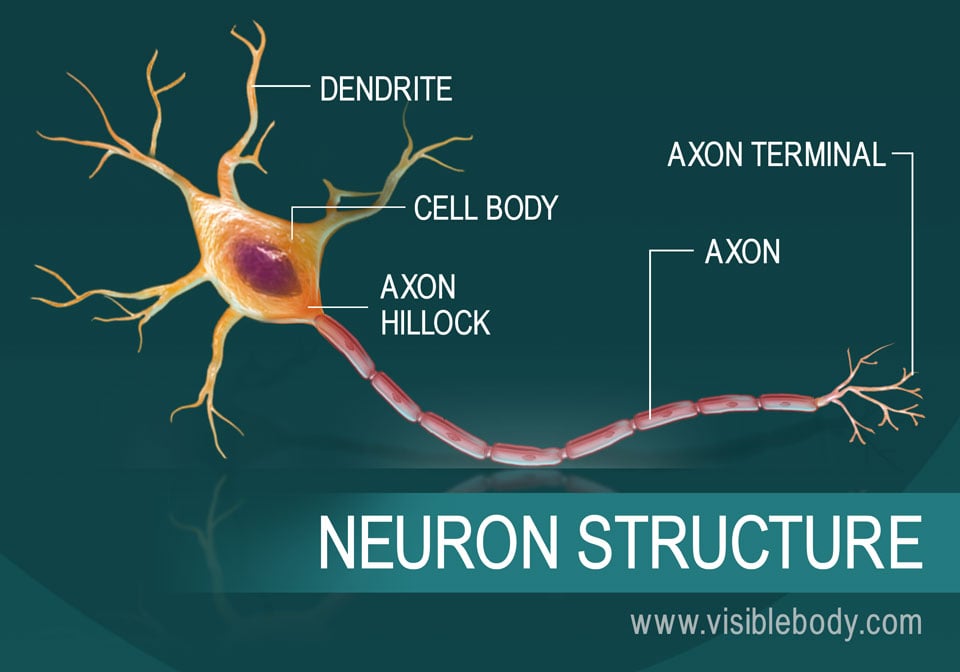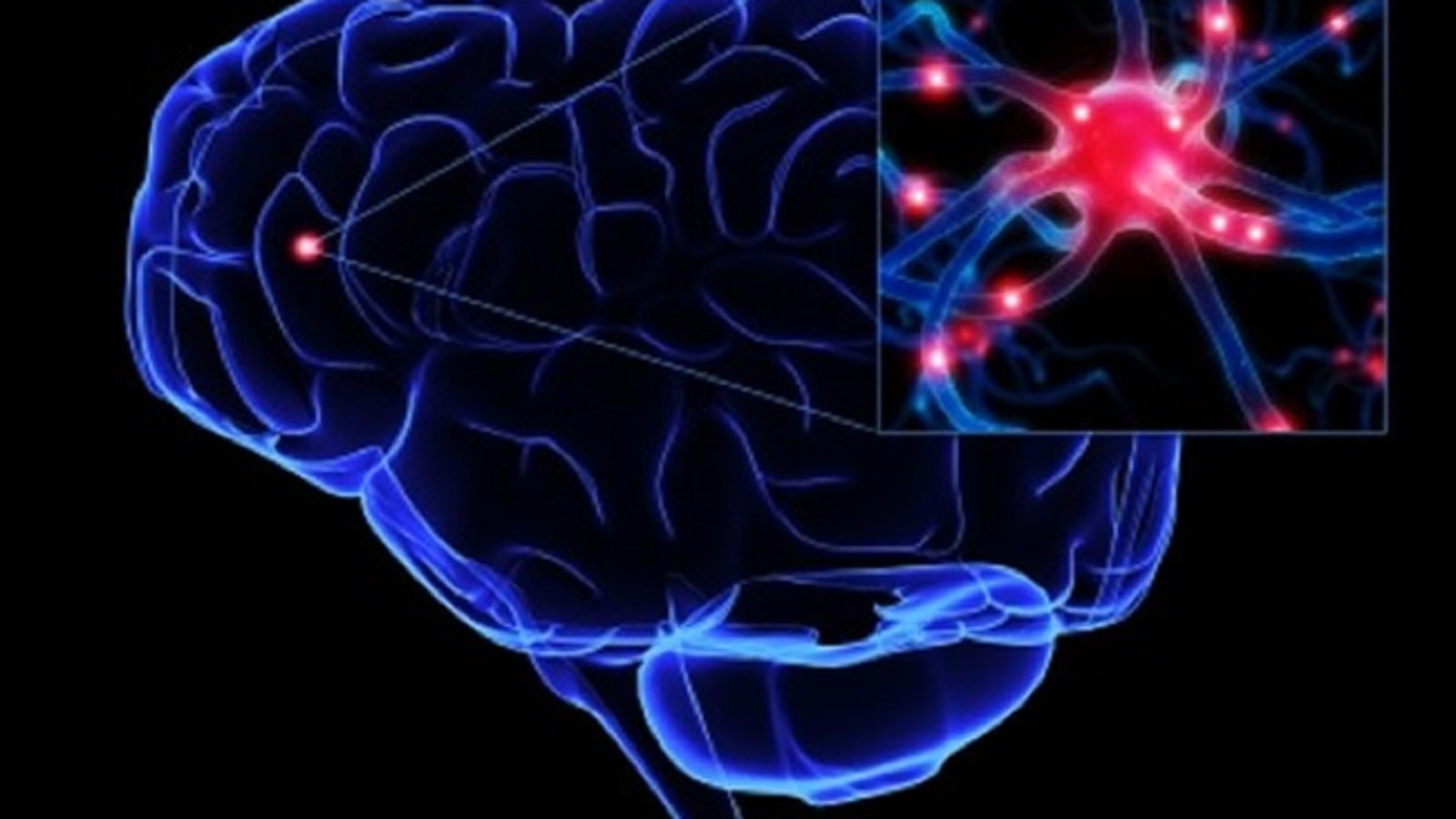
So if you're stuck on a homework problem, go out and play a game of soccer, then try the problem again. But scientists have recently learned that for a period of time after you've exercised, your body produces a chemical that makes your brain more receptive to learning. It is well known that any exercise that makes your heart beat faster, like running or playing basketball, is great for your body and can even help improve your mood. In fact, the structure of your brain changes every time you learn, as well as whenever you have a new thought or memory. How? As you practice, your brain sends "bike riding" messages along certain pathways of neurons over and over, forming new connections. When you learn, you change the structure of your brain. Motor neurons can relay this information at more than 200 miles (322 kilometers) per hour. Your brain then uses motor neurons to transmit the message back through your spinal cord to your foot to shake the bee off quickly. Sensory neurons in your skin relay this information to your spinal cord and brain at a speed of more than 150 miles (241 kilometers) per hour. Neurons send info to your brain at more than 150 miles (241 kilometers) per hour.Ī bee lands on your bare foot.

And while a single neuron generates only a tiny amount of electricity, all your neurons together can generate enough electricity to power a low-wattage bulb. Your neurons create and send more messages than all the phones in the entire world. Countless messages zip around inside it every second like a supercharged pinball machine. Believe it or not, the activity in your brain never stops. Whenever you dream, laugh, think, see, or move, it’s because tiny chemical and electrical signals are racing between these neurons along billions of tiny neuron highways. Your brain contains about 100 billion microscopic cells called neurons-so many it would take you over 3,000 years to count them all. Your brain generates enough electricity to power a lightbulb. No computer can come close to your brain's awesome ability to download, process, and react to the flood of information coming from your eyes, ears, and other sensory organs. Accessing the signals coming from your eyes, your brain quickly calculates when, where, and at what speed you will need to dive to intercept her. It is a structure so amazing that a famous scientist once called it "the most complex thing we have yet discovered in our universe." Your brain is faster and more powerful than a supercomputer. From enabling you to think, learn, create, and feel emotions to controlling every blink, breath, and heartbeat-this fantastic control center is your brain.

You carry around a three-pound mass of wrinkly material in your head that controls every single thing you will ever do.


 0 kommentar(er)
0 kommentar(er)
